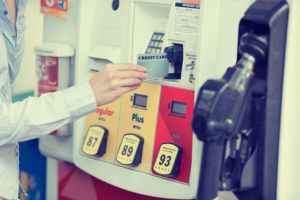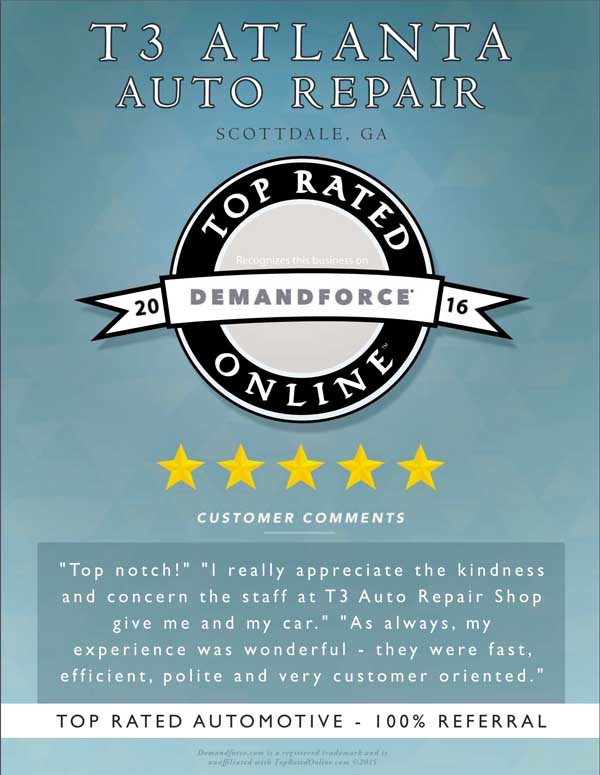When it’s time to gas up for your week, you’ll no doubt notice several fuel options available at your local gas station. Regular, Super, and Premium gas vary in price, and it’s easy to assume that the price reflects the quality of the gasoline. In fact, that’s not quite the case. If you’ve ever wondered, “What is the difference between fuel grades?”, wonder no longer. We’ve got the answers for you.
What is the Difference Between Fuel Grades?
 There are many types of fuel grades, but the ones most commonly seen at U.S. gas pumps are 87, 89, and 93. The numbers refer to what’s known as the ‘octane rating’ – a number that measures how much pressure fuel can withstand before igniting. The lower the rating, the more readily the fuel will combust. The higher rating, the more resistant the fuel is to ignite.
There are many types of fuel grades, but the ones most commonly seen at U.S. gas pumps are 87, 89, and 93. The numbers refer to what’s known as the ‘octane rating’ – a number that measures how much pressure fuel can withstand before igniting. The lower the rating, the more readily the fuel will combust. The higher rating, the more resistant the fuel is to ignite.
Why is this important? In a word, ‘Knock’. Also sometimes called ‘engine ping’, engine knock refers to fuel that ignites prematurely within the engine. These uncontrolled ignitions can cause rough idling, impact, and decrease overall performance. Vehicle manufacturers design their engines around certain fuel grades to minimize knock and maximize performance.
In addition, many newer vehicles come with a knock sensor that will adjust the ignition timing inside the engine in real time. This sensor protects the engine’s long-term lifespan, but at the cost of higher fuel consumption and less power in the short term.
What Type of Fuel Should I Put in My Car?
 It might seem like a great idea to put Premium gas in your car, but the truth is that manufacturers have done a lot of testing and calibration to optimize engines for certain grades of gas. Putting Premium gas into an engine that runs on Regular may actually do more harm than good, and vice versa.
It might seem like a great idea to put Premium gas in your car, but the truth is that manufacturers have done a lot of testing and calibration to optimize engines for certain grades of gas. Putting Premium gas into an engine that runs on Regular may actually do more harm than good, and vice versa.
When determining what type of fuel to put in your car, all you need to do is check your owner’s manual. The manual will indicate the best type of fuel for your car so you don’t overpay at the pump.
If your car “Requires” Premium gas, then that means the engine will operate most efficiently with this grade of gas. Filling up with a tank of Regular fuel could actually damage the engine due to the excess knock produced by burning lower octane fuel.
If, however, your vehicle’s manual says that Premium is “Recommended”, that means the vehicle comes equipped with a sensor to allow the engine to automatically adjust to run on lower octane fuel.
Keep Your Engine in Top Condition at T3 Atlanta
The best way to keep your car in top condition year-round is preventive maintenance. This includes items such as regular oil and air filter changes, as well as changing the vehicle’s fluids regularly.
At T3 Atlanta, we can help keep your car on its maintenance schedule so your car can stay in top shape for many years to come. We have two locations in Smyrna and Decatur, both of which are convenient to the metro Atlanta area. Make an appointment for your Lexus, Toyota, Nissan, or Infiniti today!










Leave a Reply
You must be logged in to post a comment.